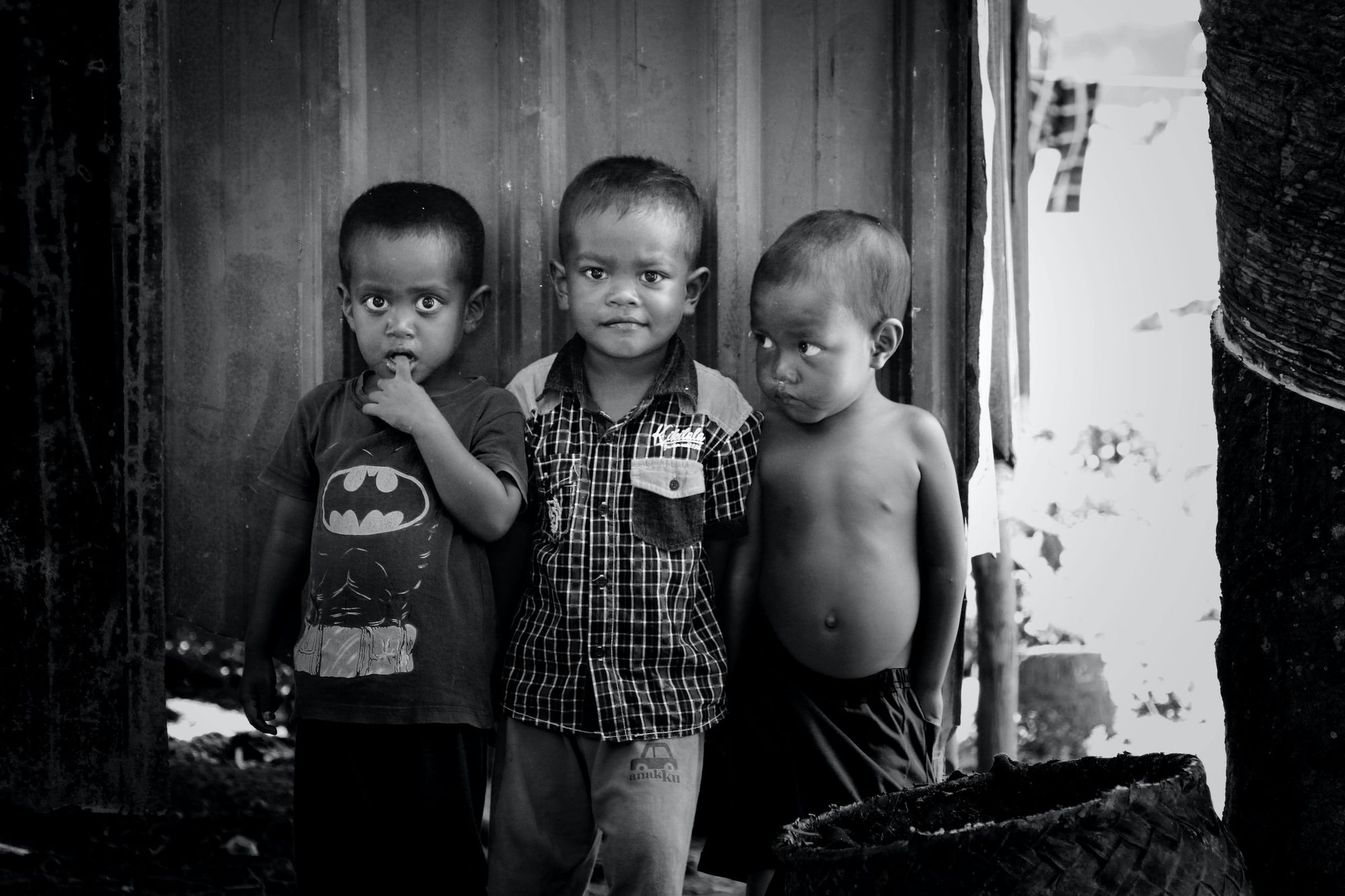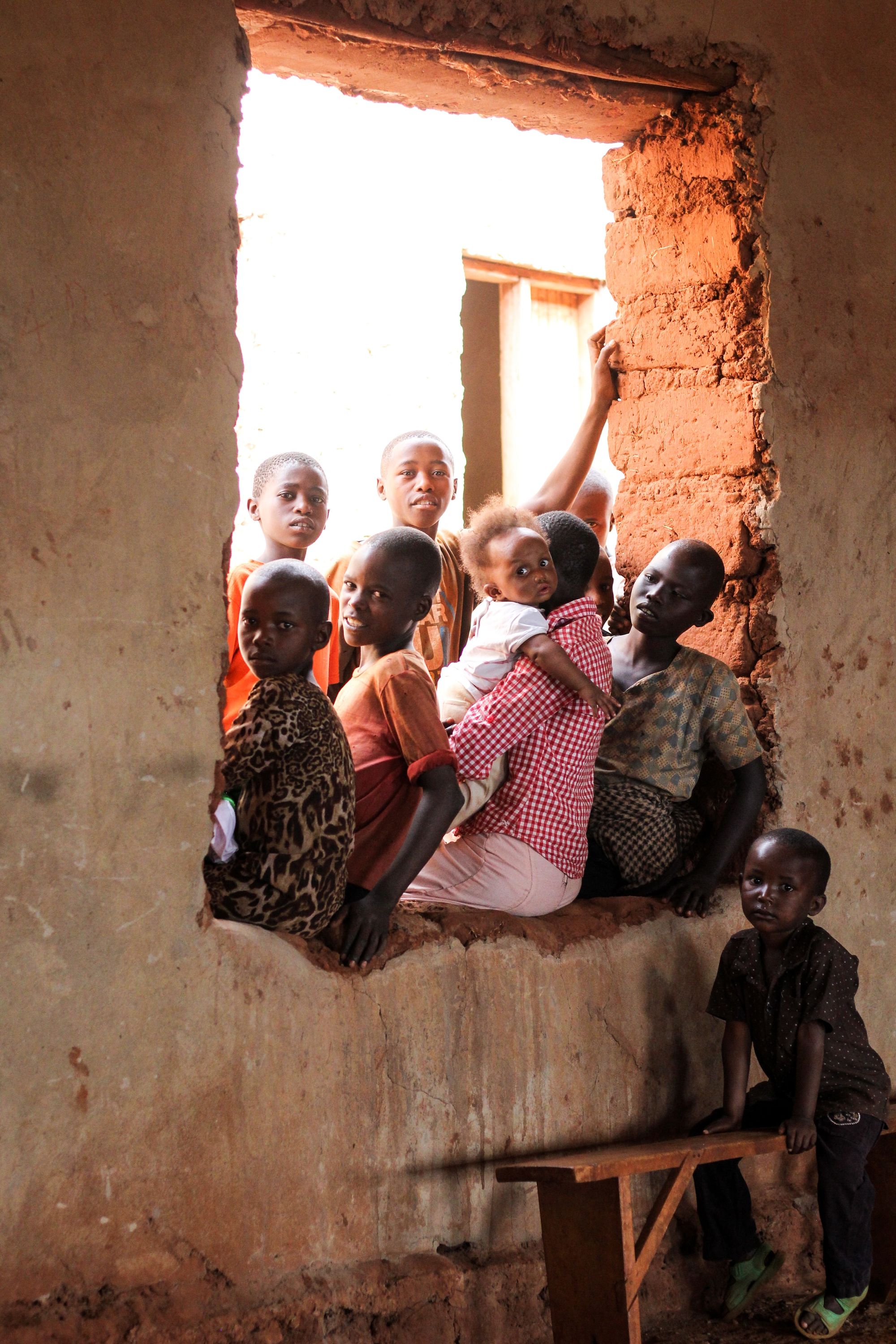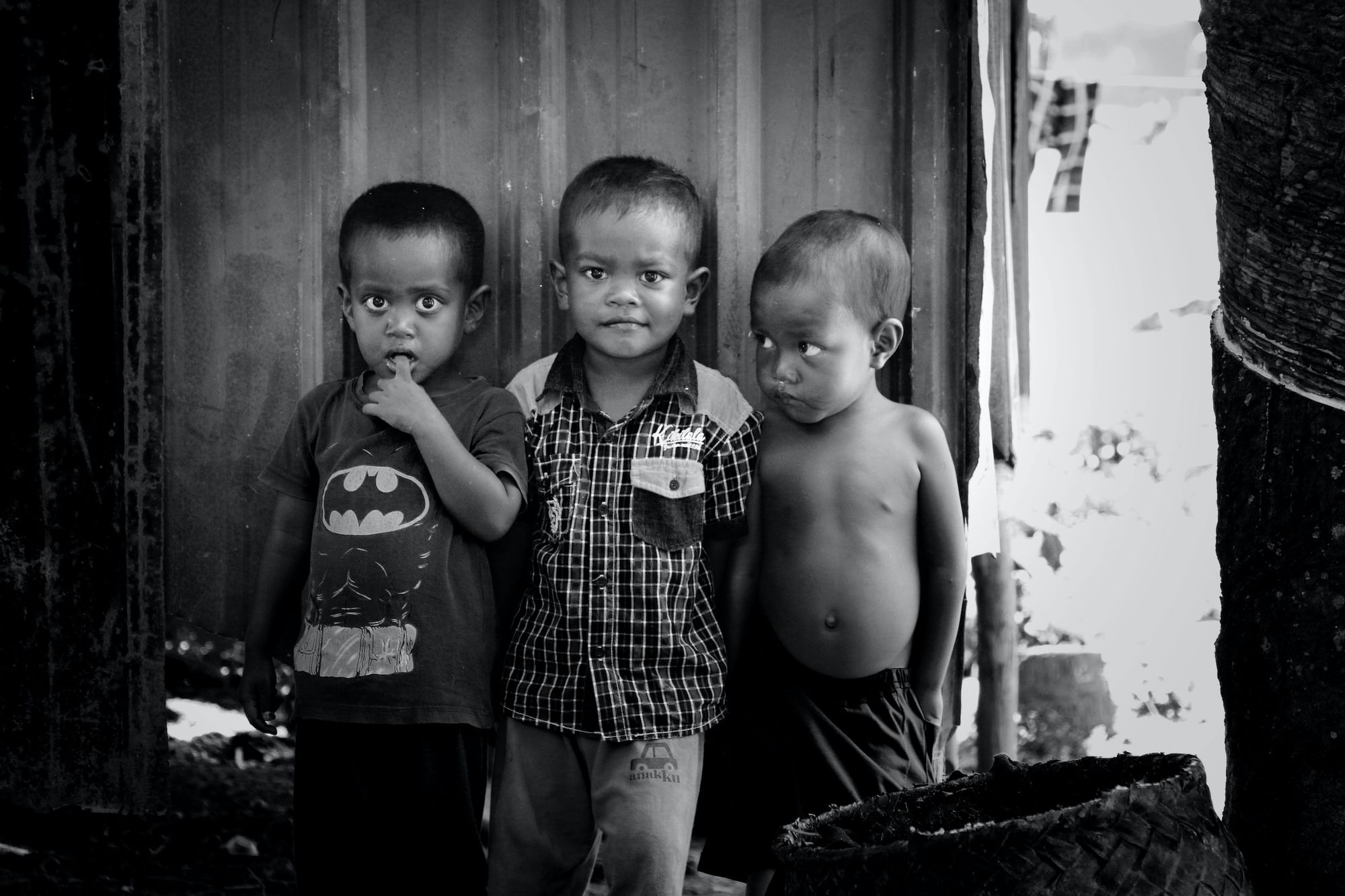Peace is a long road to go, often involving communication between many parties, says the former president of the Red Cross. Interview on international humanitarian law, prisoner exchanges in Yemen and diplomatic tricks to assist and protect hundreds of thousands of lives.
You were the president of the International Committee of the Red Cross (ICRC) from 2012 to 2022. Under your leadership, the ICRC carried out humanitarian work in over 80 countries. Priorities for your presidency included strengthening humanitarian diplomacy, engaging States and other actors for the respect of international humanitarian law, and improving the humanitarian response through innovations and new partnerships. If we see the situation in Ukraine or the coup d’état in Sudan, are you satisfied with the results?
The overall assessment is that humanitarian law is insufficiently respected and too often violated. The impression is not wrong, because violations are indeed a general pattern in many places of the world and the law is often re-interpreted to accommodate military interests rather than the protection of civilians. The respect for prisoners and civilians, the use of weapons in densely populated areas, or access for humanitarian workers are well known challenges. And yet, violations are only one side of the coin. When I was President of ICRC, we launched an important project called ‘international humanitarian law in action’. When assessing the facts more closely, we recognize that number of States and their armed forces - and even some non-state actors - do respect international law, or make credible efforts to do so because it's also in their interest. They negotiate prisoner exchanges, they let the ICRC visit detention facilities to record, where these prisoners are and how they are treated, they engage with the Red Cross on family reunification, they allow humanitarian organizations to access certain besieged areas or civilian populations to exit. So, there are always patterns of violations, but there are also patterns of respect. The media often only record violations. It's important though to surface the positive stories as well. I have seen a lot of militaries around the world with genuine efforts to respect IHL.

You mentioned the respect towards international humanitarian law. Respect because of what pressure: international public opinion, the human mind, maybe political influence?
Parties to conflict respect IHL because of reciprocity expectations. Soldiers don't torture because they don't want to be tortured, when they become prisoners. Soldiers have an interest that civilians are surviving in a war, therefore they are allowing humanitarian organizations to assist and protect civilians. Soldiers want to be good citizens as well and they want to be humane, even if they are engaged in military operations. There are ethical roots of behaviour in wars, which are one of the reasons, why laws are respected. Then, there are pressures from civilian populations. Mothers don't want their sons to kill other people indiscriminately and sons don't want to come back to acknowledge that they have committed crimes. There is societal pressure and there are norms, understandings, and ethics, which make laws to be respected. But of course, such pressure to respect the law is always shaky and often not sufficient. When the social fabric falls apart, break-downs of normative systems happen.
In Ukraine the dehumanization of humans happens on both sides. What happens in this case?
Many factors can be at the origins of the breakdown of norms: What was learned before in trainings is forgotten, when social systems and structures fall apart. Sometimes, soldiers find themselves inexperienced in combat situations and they panic. Sometimes instructions coming to soldiers are prone to violations, and at times, impossible objectives are given to soldiers, leaving them no choice but to violate the law if they want to respect orders. The thin ice of civilization is easily broken. The way a war is fought and the kind of instructions given and discipline established, influence the degree of respect.
You worked as a humanitarian diplomat. How can a diplomat work in the middle of a crisis?
The very essence of humanitarian diplomacy is that it is diplomacy connected and in support of front-line humanitarian action. I have always maintained that when you represent a state as a diplomat, you defend state interests. You have different interests, you must accommodate them, you must be accountable to your political leadership. If you are a humanitarian diplomat, your accountability is to your mandate and the respect of international law - and respect doesn't just fall from heaven. It comes through discussion, explanation, negotiation, training. Also, nobody fights wars alone: there is always political power behind those, who fight at the frontline. Diplomacy is about influencing belligerents and the political power behind those waging wars. What is important is to understand the dynamics at the front line and to bring key asks to political decision-makers.

Could you give me an exact example?
During my Presidency, ICRC organized major prisoner exchanges in Yemen. They wouldn't have happened, if we wouldn't have had a very active diplomatic engagement with all sides: the Yemeni, the Saudis, the international supporters of one or the other sides, the local authorities, the UN. Such engagement is in nature diplomatic. If ICRC is working in 35 hospitals in Afghanistan, it is because of active diplomacy. You need to convince the Taliban that working in hospitals is in their interest and is good for the Afghan people. And you must engage with donors and the international community to get agreement for this type of humanitarian work. This is another example of humanitarian diplomacy.
Do you experience some development on the field of international humanitarian rights?
There is no evidence to say that in 2023 humanitarian law is more often violated than in 2010 or 1945. There is no objective measurement. The respect for IHL encounters recurring problems like the use of weapons, the protection of civilians, access to prisoners, the protection of vulnerable populations. Challenges because of technology – misinformation, disinformation and hate speech - are extension of the physical battlefields and add to that list. Also, you don't have only states fighting with each other, there are non-state armed groups in increasing numbers as well. Most of the conflicts of the world see more than seven, eight, or ten parties fighting. The Ukrainian-Russian war is almost untypical. When you look at contexts like the Sahel, Yemen, Syria, or Afghanistan, you see multiple parties and multiple chains of command. The respect for the law is more complex because situations are more complex. The third element is that most of the time, the impact of war and armed conflict is intersecting with other global issues, with climate change, social tensions, poverty, injustice and exclusion. In today's world what I call hyper fragility is one of the big problems. Currently, more than 80% of the world's people displaced by violence come from around 20 regions only. These 20 regions are hyper-fragile, because they are already being affected by the global challenges mentioned above.
What are the best tips, tricks and skills that are needed to succeed in your job?
Probably patience because things don't happen from one day to another. I always thought that the word humanitarian and humanitarian law as it is inscribed in the Geneva Convention is a useful tool because it sets and agenda for cooperation, putting access to people, health services, hospitals and water, food, shelter, detained soldiers and civilians on top of the list. Progress on such issues can advance trust-building between belligerents. What you get through humanitarian work is far away from sustainable peace, but it's a good starting point. The humanitarian agenda is a good entry-point to peace, even if it’s not peace negotiations, which need broader agendas.
Peter Maurer was hosted by MCC Budapest.









